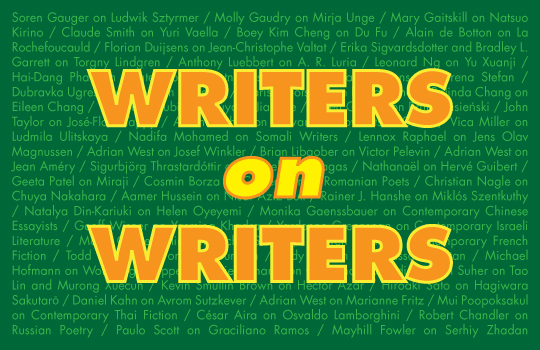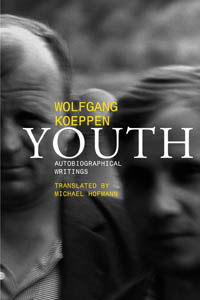We run through groups of snail-paced tourists from Trafalgar Square to arrive just in time for the start of “Found in Translation” at the ICA, almost walking directly into Michael Hofmann on entering the filling cinema. We take our seats just as he walks down to join fellow poet and literary translator Jamie McKendrick and German poet Jan Wagner on stage. While everyone settles down to an ominous soundtrack straight out of Star Wars, I take in the two rows of bulbs, like the lights that surround the mirror in a theatre dressing room, running the length of the ceiling. Some of them are out, which fits an event that glows but never quite reaches its full brightness.
In the introduction, Jan Wagner is sprightly and upright with a schoolboy haircut, Jamie McKendrick cradles his leather satchel before sliding it onto the floor, Michael Hofmann plays with his hands, lets them hang down either side of his chair, then finally folds them in his lap. Microphones are reluctantly taken up. McKendrick hugs his to the side of his head, Hofmann whispers to his like a little friend. READ MORE…




